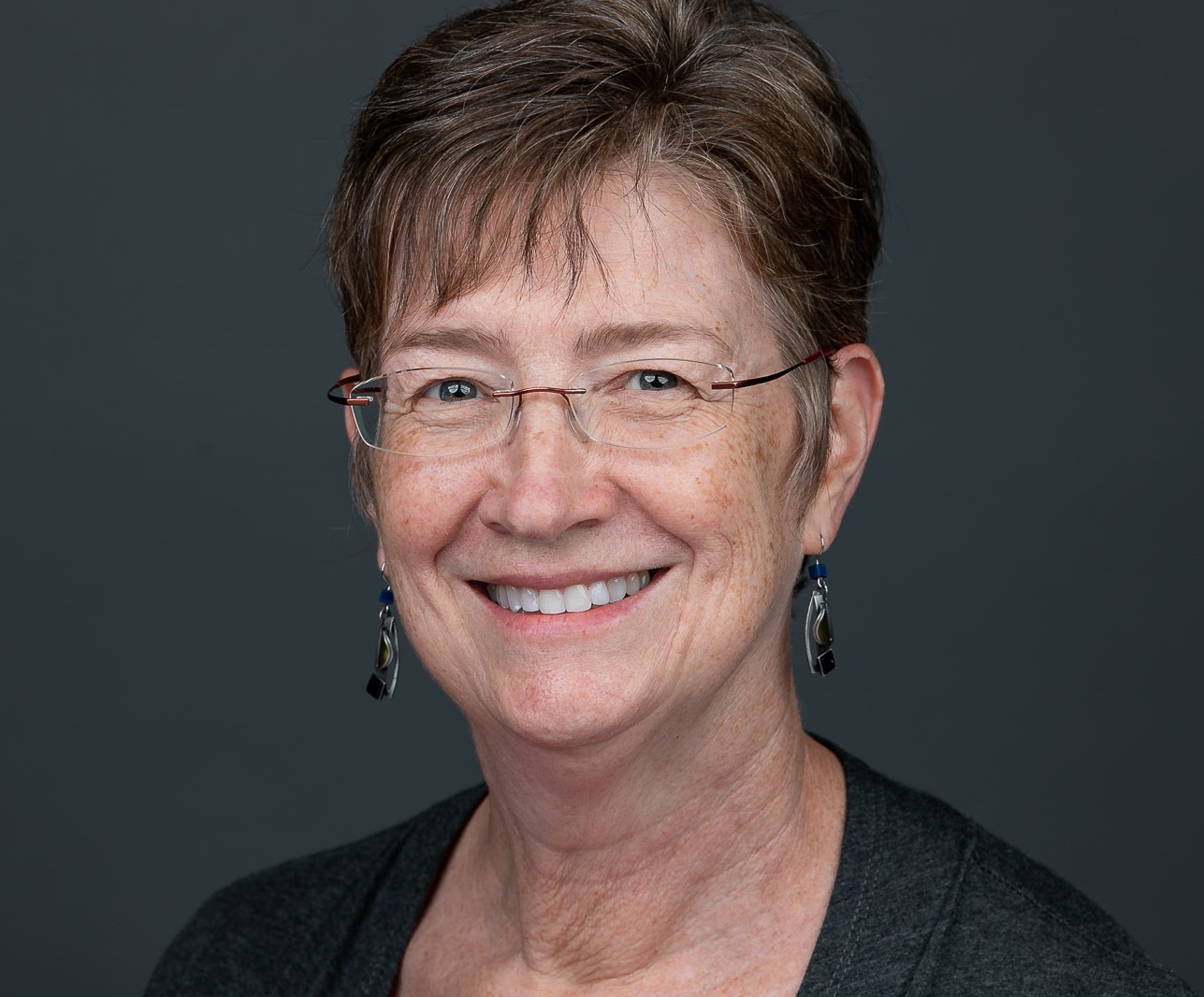The College of Sciences announces the appointment of Vicki Hopper Wysocki as the new chair of the School of Chemistry and Biochemistry, effective this October.
Wysocki currently serves as Ohio Eminent Scholar, director of the Campus Chemical Instrument Center, and professor in the Department of Chemistry and Biochemistry at Ohio State University. Her research involves solving biomedical problems and developing new techniques and devices to study proteins in the human body. This work has human health applications spanning the development of new medicines to disease prevention.
“I am thrilled to join the College of Sciences at Georgia Tech — a research university that I have long respected,” says Wysocki. “This is a truly exciting moment in education and research. Innovations are changing how we understand the world and how we prepare future scientists. I look forward to working with students, staff, faculty, and Georgia Tech leaders to advance the School of Chemistry and Biochemistry and continue its pursuit of excellence.”
“Vicki was the clear choice for this role given her vision for the School and her commitment to excellence in research and teaching,” says Susan Lozier, dean of the College of Sciences, Betsy Middleton and John Clark Sutherland Chair, and professor in the School of Earth and Atmospheric Sciences. “She is an outstanding leader and renowned scholar, and I look forward to working with her in the years ahead to advance the ambitious goals of the School and College.”
“I would like to thank the members of the search committee for their time and hard work,” adds Lozier. “I also want to express my gratitude for M.G. Finn’s efforts as chair over the last decade. He has done an extraordinary job elevating the teaching and research missions of the School of Chemistry and Biochemistry.”
Meet Vicki Wysocki
Wysocki’s research focuses on developing devices and techniques to unlock the secrets of proteins, the building blocks of the human body. Her research group uses electron capture, surface-induced dissociation, and ion mobility mass spectrometry to measure and characterize large protein and nucleoprotein complexes (arrangements of proteins in a group that carry out a function). Such research has important implications for drug discovery, disease prevention, and more — as reflected in the Wysocki Group’s collaborations with multiple instrument vendors and pharmaceutical companies. Additionally, as director of the NIH-funded Biomedical Technology Optimization and Dissemination Center in Mass Spectrometry Guided Structural Biology, her collaborative team interacts with scientists across the country to develop and apply new approaches to solve biomedical problems.
Wysocki received a Bachelor of Science in Chemistry from Western Kentucky University and a Ph.D. in Chemistry from Purdue University. Following postdoctoral work at Purdue and the Naval Research Laboratory as a National Research Council Fellow, she started as an assistant professor at Virginia Commonwealth University in 1990 before being promoted to associate professor in 1994. Subsequently, she joined the University of Arizona (1996-2012), where she served as professor, co-chair, and chair of the Department of Chemistry and Biochemistry. Wysocki joined Ohio State University in 2012 as an Ohio Eminent Scholar, director of the Campus Chemical Instrument Center, and professor in the Department of Chemistry and Biochemistry.
Her honors include the 2009 Distinguished Contribution to Mass Spectrometry Award from the American Society for Mass Spectrometry, jointly with Professor Simon Gaskell of the University of Manchester; the 2017 American Chemical Society (ACS) Field and Franklin Award for Outstanding Contributions to Mass Spectrometry; the 2022 ACS Division of Analytical Chemistry Award in Chemical Instrumentation; and the 2022 Thomson Medal from the International Mass Spectrometry Foundation. She is the editor-in-chief of the Journal of the American Society for Mass Spectrometry. Previously, she served as president of the American Society for Mass Spectrometry and associate editor for the ACS journal Analytical Chemistry.
About Georgia Tech
The Georgia Institute of Technology, or Georgia Tech, is one of the top public research universities in the U.S., developing leaders who advance technology and improve the human condition. The Institute offers business, computing, design, engineering, liberal arts, and sciences degrees. Its more than 47,000 undergraduate and graduate students represent 54 U.S. states and territories and more than 143 countries. They study at the main campus in Atlanta, at campuses in France and China, or through distance and online learning. As a leading technological university, Georgia Tech is an engine of economic development for Georgia, the Southeast, and the nation, conducting more than $1 billion in research annually for government, industry, and society.
For More Information Contact
By: Lindsay C. Vidal



